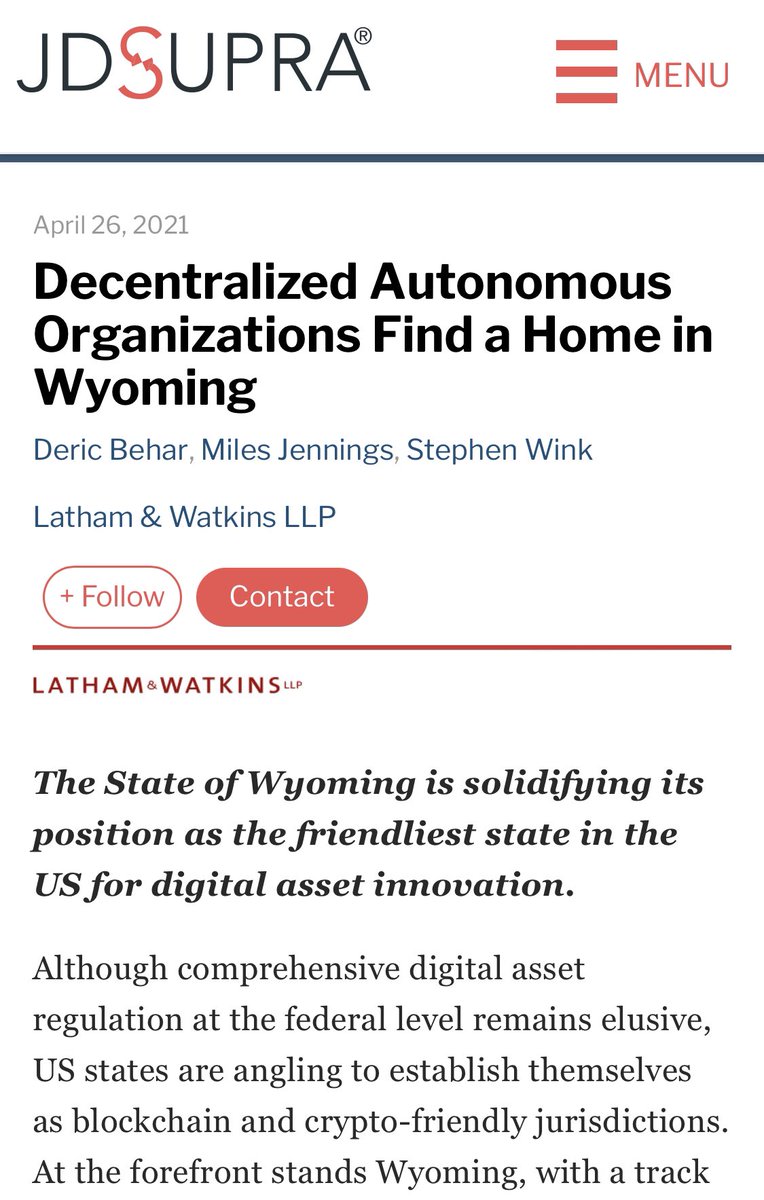
Wokes try to get you to say "Latinx".
Chinese nationalists get mad about Taiwan.
And coin maximalists want you to be a billboard for their coin.
All these social media religions devolve to language policing. But I believe in free speech.
Chinese nationalists get mad about Taiwan.
And coin maximalists want you to be a billboard for their coin.
All these social media religions devolve to language policing. But I believe in free speech.
https://twitter.com/BTCSchellingPt/status/1402484026712096774
All these social media religions (wokeness, MAGAism, maximalism, Chinese nationalism, etc) are just variants of Twitterism.
Ever notice their behavioral similarity despite the ostensible difference in ideology? They're taking direction from the algorithm.
Ever notice their behavioral similarity despite the ostensible difference in ideology? They're taking direction from the algorithm.
https://twitter.com/balajis/status/1219686926392885254
If you walk up to someone on the street and randomly yell "FU!!!", you might get punched, jailed, or even shot. There's downside.
But if you do it online, you might get attention. There's upside.
This social reinforcement drives anti-social behavior.
But if you do it online, you might get attention. There's upside.
This social reinforcement drives anti-social behavior.
Regarding coin maximalism of any stripe, it is best thought of as a heavy investment in Twitter.
An investment that can and will be seized if true censorship comes.
Not your keys, not your social media account!
An investment that can and will be seized if true censorship comes.
Not your keys, not your social media account!
https://twitter.com/balajis/status/1401906212426469379
• • •
Missing some Tweet in this thread? You can try to
force a refresh








